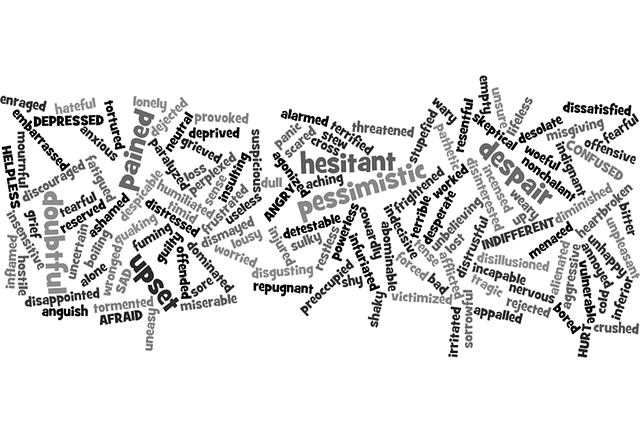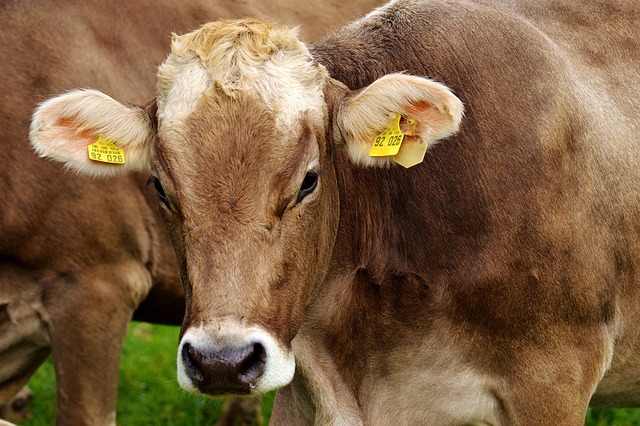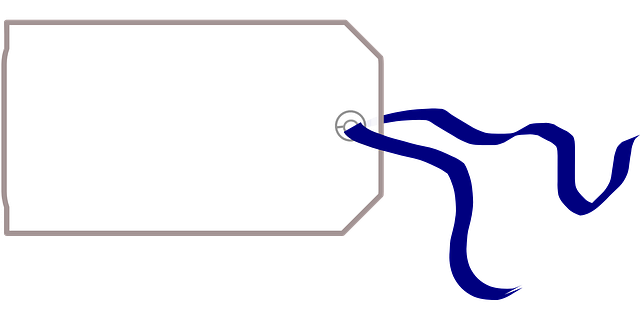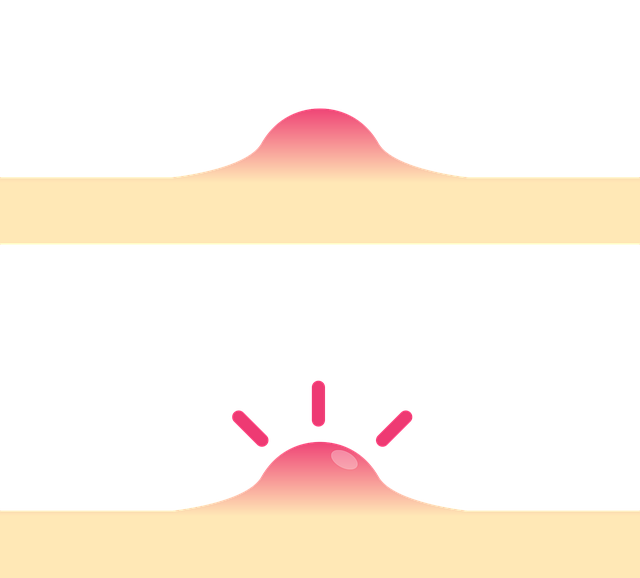Non-Invasive Sheffield Tag Removal Methods Explained

Sheffield Tag Removal offers various options for skin tags, from topical creams with acids to faster…….
Understanding Sheffield Tag Removal
Sheffield Tag Removal, commonly referred to as STR, is a specialized procedure used in urban and rural settings to manage vegetation overgrowth. This non-selective method employs a combination of tools and techniques to remove plant tags, or the entire plant, including both the foliage and roots, from specific areas. The technique is particularly effective for controlling invasive species, restoring ecological balance, and maintaining public spaces. It has been widely adopted in various environments, from city parks to conservation areas, due to its efficiency and environmental benefits.
The core components of Sheffield Tag Removal include a thorough site assessment, the application of environmentally friendly herbicides to the cut surfaces to prevent regrowth, and the subsequent removal of the vegetation. The historical context of STR is rooted in the need for sustainable land management practices that protect biodiversity while maintaining accessibility and safety for the public.
Global Impact and Trends
The global impact of Sheffield Tag Removal is significant, as it addresses a common challenge faced by many countries: the need to manage vegetation in a way that is both effective and environmentally conscious. Key trends shaping its trajectory include the increasing emphasis on sustainable land management practices, the integration of STR with Geographic Information Systems (GIS) for better planning and execution, and the adoption of STR in various climates and ecosystems.
Different regions are affected by STR in unique ways. In temperate regions, it is used to maintain biodiversity and prevent the spread of invasive species. In tropical areas, it helps to manage dense vegetation and restore degraded landscapes. In arid regions, STR can aid in the preservation of water resources by controlling overgrown plants that compete with native species for limited water supplies.
Economic Considerations
Economically, Sheffield Tag Removal is a multifaceted operation. It involves initial investment in equipment and training, as well as ongoing operational costs. The market dynamics of STR are influenced by factors such as labor costs, the cost of herbicides, and the demand for sustainable land management services. Investment patterns reflect a growing trend towards eco-friendly solutions, with an increasing focus on long-term ecological benefits rather than short-term financial gains.
STR plays a crucial role in economic systems by providing employment opportunities, particularly in rural areas where alternative job prospects may be limited. Additionally, it contributes to the overall health and productivity of ecosystems, which in turn supports biodiversity and can lead to economic benefits through tourism and recreational activities.
Technological Advancements
Technological advancements have greatly enhanced the effectiveness and efficiency of Sheffield Tag Removal. Innovations such as GPS-guided machinery, remote sensing technologies, and drones enable more precise application and monitoring of STR practices. These technologies not only reduce the environmental impact but also improve the accuracy and coverage of vegetation management operations.
Future potential includes the integration of artificial intelligence (AI) and machine learning to predict overgrowth patterns and optimize treatment schedules. The development of biodegradable herbicides and alternative methods like mechanical removal are also on the horizon, offering promising alternatives to chemical-based treatments.
Policy and Regulation
Policies and regulations that govern Sheffield Tag Removal vary by region but generally aim to balance ecological conservation with public safety and land management needs. Legislation often dictates the types of herbicides that can be used, the conditions under which STR can be performed, and the necessary protocols for environmental protection.
In some regions, STR is subject to strict regulations due to its potential impact on waterways and wildlife. Conversely, in other areas, policies support the widespread use of STR as a means of invasive species control and habitat restoration. The legislative framework influences the adoption and implementation of STR across different landscapes.
Challenges and Criticisms
Sheffield Tag Removal is not without its challenges and criticisms. One significant challenge is ensuring that the application of herbicides does not harm non-target species or contaminate water sources. Another is addressing the public’s concerns about chemical use in land management practices. Critics often point to the potential for overuse or misuse of STR, which can lead to ecological imbalances and environmental damage.
To overcome these issues, stakeholders must prioritize training and education for personnel conducting STR operations. Additionally, investment in research and development of non-chemical methods is essential. Collaboration between government agencies, land managers, and the public is crucial to ensure that STR is implemented responsibly and sustainably.
Case Studies
Several case studies illustrate the successful application of Sheffield Tag Removal in various settings. For instance, a project in the UK’s national parks demonstrated how STR effectively controlled the spread of invasive rhododendron species, allowing native flora to reclaim space and biodiversity to flourish. Another case study from an Australian rural community showcased how STR helped restore degraded land, leading to improved agricultural yields and enhanced wildlife habitats.
These success stories provide valuable insights into the practical application of STR and highlight the importance of integrating ecological considerations with land management practices.
Future Prospects
Looking ahead, Sheffield Tag Removal is poised for continued growth and innovation. The demand for sustainable land management solutions will likely increase as the effects of climate change intensify and biodiversity declines. STR’s role in ecological restoration and invasive species control will become even more critical.
Future prospects also include the potential for STR to be used in urban settings, where managing vegetation is essential for public safety and aesthetic appeal. The development of new technologies and sustainable practices will further refine the methodology of STR, making it an even more versatile and effective tool for land management professionals.
Conclusion
Sheffield Tag Removal is a dynamic and evolving practice that plays a vital role in global land management. Its economic, environmental, and social impacts are significant, and its future potential is immense. By addressing the challenges and incorporating advancements in technology and policy, STR can continue to serve as a key solution for managing vegetation sustainably across diverse ecosystems. As such, it holds a promising future that aligns with global goals for sustainable development and conservation.

Sheffield Tag Removal offers various options for skin tags, from topical creams with acids to faster…….

Sheffield Tag Removal clinics focus on understanding root causes like genetics, obesity, and hormona…….

Skin tags, caused by friction or irritation, are benign growths that can be removed for aesthetic re…….

Skin tags, benign bumps on skin, can be managed naturally or via advanced techniques like Sheffield…….

Genetic predisposition and friction contribute to skin tag development in Sheffield, where professio…….

Skin tags, common growths from friction, cause discomfort and prompt Sheffield Tag Removal for cosme…….

Skin tags, caused by friction, genetics, and hormonal changes, are commonly removed in Sheffield Tag…….

Skin tags, common growths on body areas subject to friction, can be removed at home using DIY method…….

In Sheffield, understanding the types of skin tags (hyperplastic, keratinous, lipoma-like) is crucia…….

Skin tags, caused by friction between skin surfaces, are commonly found in areas like the neck and a…….

Skin tags, caused by various factors, can be removed safely and effectively in Sheffield using over-…….

In Sheffield, understanding and addressing skin tags is key due to their common yet cosmetically bot…….

Skin tags, caused by friction, are soft growths that can be removed for cosmetic reasons in Sheffiel…….

Skin tags, caused by friction, are small growths treatable in Sheffield through various methods, inc…….

Unwanted skin growths like Sheffield tags impact appearance and confidence; causes include genetics,…….

Unwanted skin growths range from harmless tags to complex conditions like HPV-caused warts and sebor…….

Skin tags, caused by genetic factors, are soft bumps that can be uncomfortable or cause self-conscio…….

Looking to get rid of skin tags in Sheffield? This guide explores the effectiveness of cryotherapy v…….

In Sheffield, understanding skin tags (acrochordons) caused by friction is key for effective removal…….

Skin tags, caused by factors like obesity, genetics, and infections, are safely removed in Sheffield…….

Skin tags, common in areas of friction, are harmless growths that can be removed if they cause disco…….

Skin tags, harmless growths common in friction areas, prompt many to seek Sheffield Tag Removal for…….

In Sheffield, several non-surgical methods exist for skin tag removal, such as cryotherapy with liqu…….

Sheffield tag removal uses liquid nitrogen (cryotherapy) to freeze and destroy skin tags safely and…….

In Sheffield, individuals seek effective yet safe methods for skin tag removal. While natural remedi…….

Skin tags, though harmless, are aesthetically troubling growths commonly found on the neck and armpi…….

Skin tags, benign growths caused by friction or irritation, can be removed through Sheffield Tag Rem…….

Skin tags, medically known as acrochordons, are common growths caused by friction in areas like the…….

Skin tags, caused by friction or trauma, can be safely removed at home using apple cider vinegar…….

Skin tags, benign growths appearing anywhere on the body, vary by size and type (acral vs fibromas)……..

Skin tags, caused by friction or medical conditions, are harmless growths that can be removed for co…….

Skin tags, benign growths caused by protein accumulation in areas of friction, can be removed in She…….

Skin tags, caused by friction, hormonal shifts, or conditions like diabetes, can be safely and effec…….

Skin tags, common growths caused by friction or hormones, can be removed in Sheffield through divers…….

Skin tags, caused by genetics, weight gain, friction, and hormonal shifts, are benign growths that c…….

In Sheffield, several non-invasive options exist for removing skin tags, scientifically known as acr…….

Skin tags, benign growths caused by friction, can be removed for cosmetic or comfort reasons. Sheffi…….

Skin tags, harmless growths appearing in areas of friction, cause discomfort and embarrassment. Shef…….

Skin tags, though generally benign growths caused by friction, can pose health risks if left untreat…….

Skin tags, or acrochordons, are soft bumps caused by genetics, hormonal changes, and friction, commo…….

Sheffield tag removal offers a swift, non-invasive method to eliminate skin tags using liquid nitrog…….

Skin tags, benign growths common in neck, armpits, and groin, can be caused by friction, hormonal ch…….

Skin tags, caused by friction or hormonal changes, are often removed for aesthetic reasons using non…….

Skin tags, caused by friction or underlying conditions, can be removed naturally in Sheffield using…….

Skin tags in Sheffield are common growths caused by friction, hormones, or age. Residents have vario…….

In Sheffield, natural methods like essential oils, apple cider vinegar, and at-home freezing offer e…….